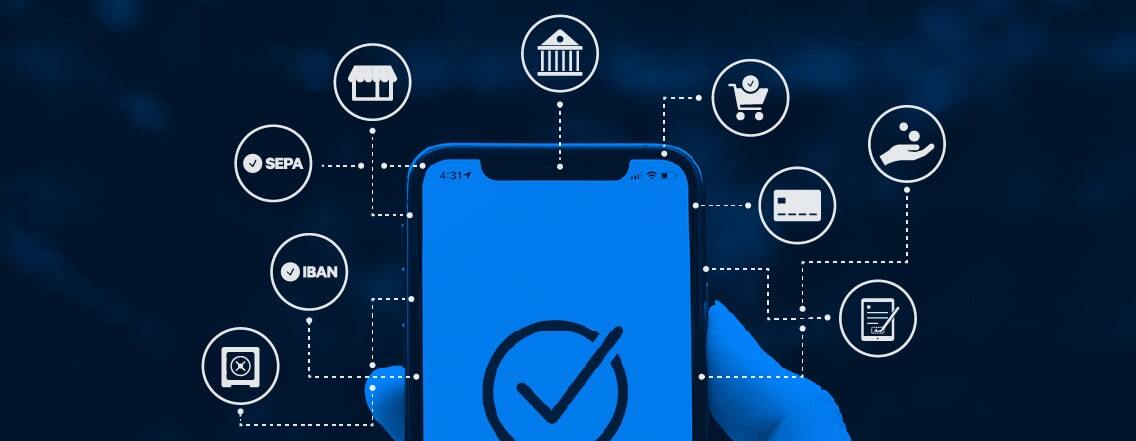Intro to Open Banking
Perhaps you’ve heard of Open Banking in recent months. Although not an entirely new concept, it is a financial service that is becoming more mainstream outside financial circles.
Open Banking is a highly-regulated way that consumers can share secure access to banking information, so that banks and financial institutions (lenders, payment service providers, etc.) can offer personalised services to them. Examples of these services include: budgeting, account aggregation, form filling, instant payments and more.
With Open Banking, banks, financial institutions open up their financial data to each other using application programming interfaces (APIs). Think of an API as a secure tunnel through which information is shared—between licensed players.
The important thing to remember is that the consumer must explicitly give consent to share their information. In turn, consumers have better control over their data and more choices in a competitive and innovative market of financial services.
More competition, more innovation
The main goals of Open Banking are to give consumers more power and choice in how they manage their finances, and to give banks and financial institutions the possibility to offer more tailored services to them, using their own data.
With banks having a considerable domination and influence over the financial world for decades, Open Banking also stimulates competition and allows startups, fintechs and smaller financial institutions to find innovative ways to use this data in order to compete.
TERMINOLOGY
The term “open banking” is a generic term, with each market using their own terminology. For example:
- EU: Payment Services Directive 2 (PSD2)
- UK: Open Banking Standard
- US: Open banking (informal, as there is no regulatory body that officially oversees Open Banking in the US)
OPEN BANKING IN A NUTSHELL
- Open Banking gives banks and financial institutions access to consumer data—but only if they have consented to it
- Open Banking is regulated at the European level, in the Payment Services Directive 2
- The main goal of Open Banking is to give consumers more control over their finances and allows banks and financial institutions to offer more tailored financial services
Open Banking Services
When we talk about Open Banking, there are commonly two services that are discussed:
ACCOUNT INFORMATION SERVICE (AIS)
This service shares account information, such as transaction history or current balance. Anyone who wishes to use AIS must be licensed to do so. A licensed third-party is called an Account Information Service Provider (AISP). The lengthy and intense process ensures that only very qualified, security-conscious companies have this status. SlimPay is an AISP, which is given by the French Prudential Supervision and Resolution Authority (ACPR), the governing authority for banking and insurance industries in France.
- How does it work?
AIS allows consumers to have a consolidated view of their finances. This is also called account aggregation. When consumers consent to this service, they can have all their financial data in one place.
This can also be used by AISPs to simply see certain pieces of information—for example, to verify if a customer has enough money in their account for a large purchase. Potential use cases for AIS would be budgeting, account verification, risk management, lending and many others.
_____
Read more here.


